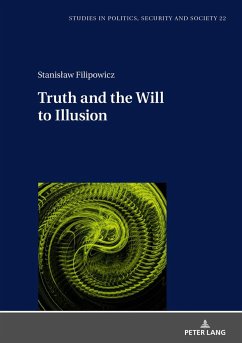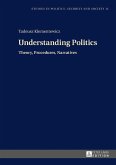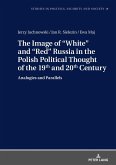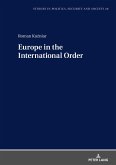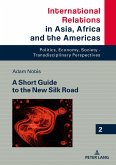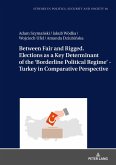It is often repeated that we live today in a 'post-truth' world. But this problem has a long history. Greek philosophers investigated the origins of truth (and the will to truth) in hope to separate truth from illusion. But already Machiavelli equated the concept of truth with the notion of what seems to be true. And today? Perhaps, we are paying the price of naivety. In this book, the author approaches the idea of deliberative democracy with reservation, attempting to expose the vain hopes rooted in the Enlightenment tradition, which placed the desire for truth at the fore, and relegated the desire for illusion to the shadows. The book encourages reflection on the appeal of deception in a world which has become the media's 'grazing ground'; a world which rejects metaphysics in favour of pragmatic theories, thereby transforming politics into a sphere where truth is replaced with 'narrative'.
Bitte wählen Sie Ihr Anliegen aus.
Rechnungen
Retourenschein anfordern
Bestellstatus
Storno

